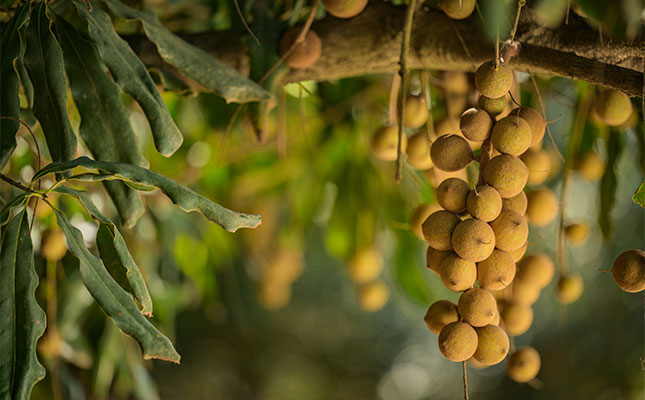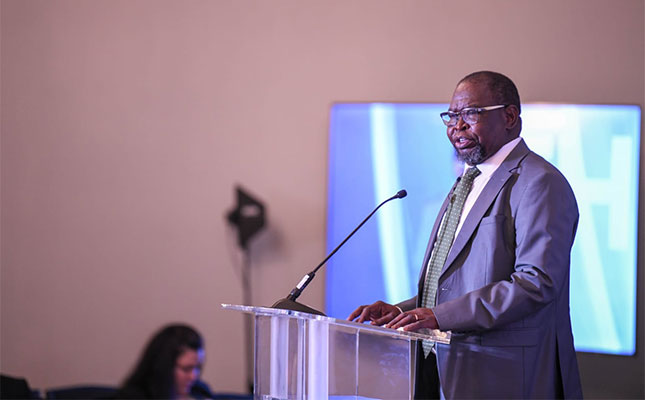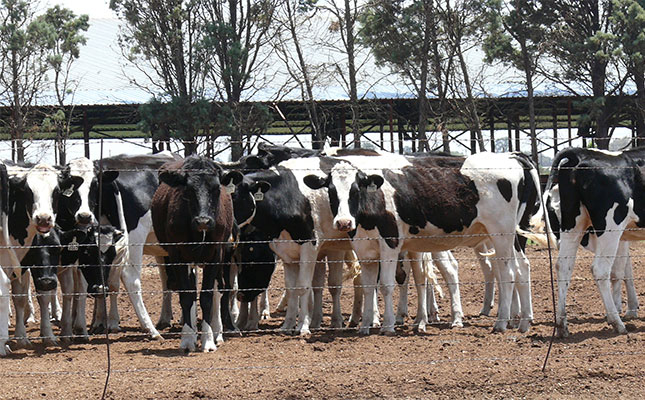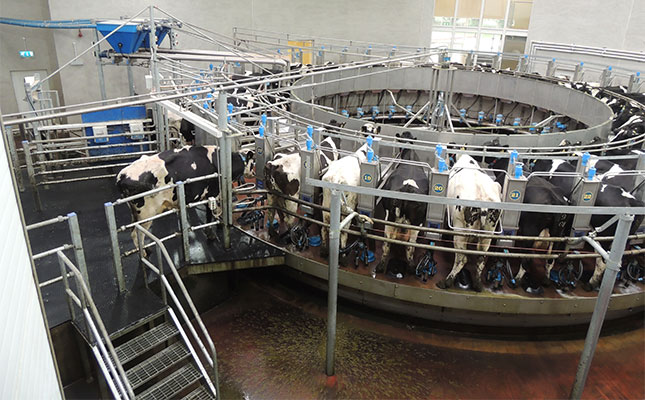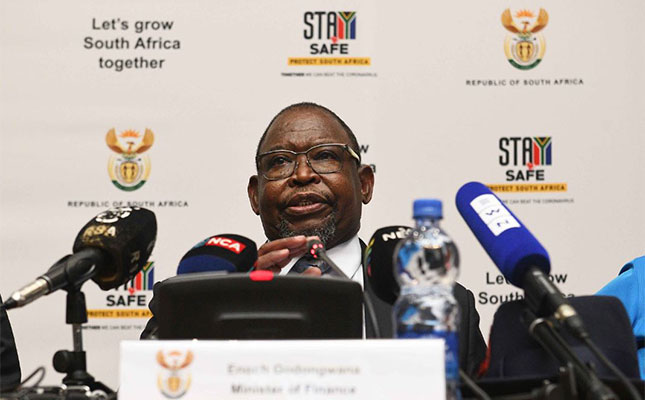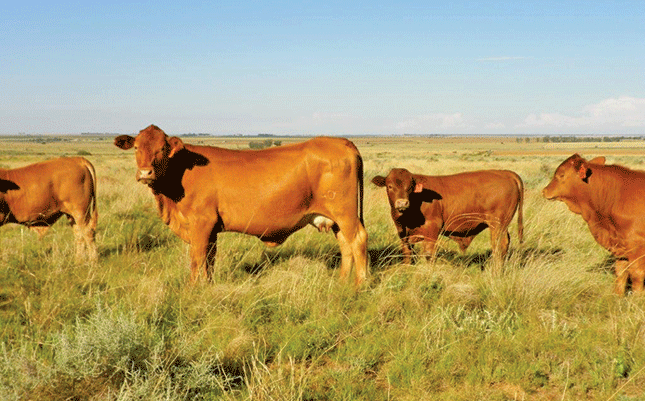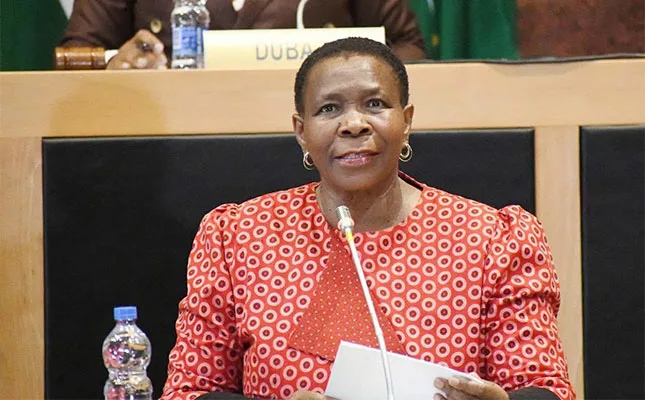
Kontsiwe told Farmer’s Weekly that the department achieved 99% of its planned targets during the year under review. “This is a clear reflection of our dedication to enhancing agricultural productivity and rural livelihoods. Our interventions reached over 70 000 households, strengthening household food security and resilience,” she said.
She explained that the former Department of Rural Development and Agrarian Reform had transitioned to the Department of Agriculture, marking a renewed focus on agriculture as a key driver of economic growth and rural development in the province.
Kontsiwe announced that the department achieved a clean audit for the 2024/25 financial year. “This reflects our unwavering commitment to transparency, sound governance, and accountability in the management of public resources,” she said.
She added that an audit intervention plan, monitored quarterly by the audit committee, was helping to strengthen financial controls and ensure accountability across the department.
Agriculture creating employment opportunities
According to the Statistics South Africa Labour Force Survey for the second quarter of 2025, the Eastern Cape recorded 89 000 new jobs, with the second-highest increase among all provinces. The agriculture sector contributed 21 000 of these jobs.
“The agriculture sector continues to demonstrate its capacity to drive employment and transform rural economies,” Kontsiwe said.
Although the province’s unemployment rate rose slightly from 39,3% to 39,5%, Kontsiwe said the overall outlook remained positive.
“This situation calls for intensified structural reforms and targeted investment to unlock agriculture’s full potential as a source of sustainable livelihoods,” she said.
Combatting food insecurity
The MEC said the department’s work was guided by the Constitution’s Section 27(1)(b), which guarantees every citizen the right to sufficient food and water. Citing the Human Sciences Research Council, she noted that 73% of households in the Eastern Cape faced some degree of food insecurity, with 20% severely affected, particularly in the Alfred Nzo and Sarah Baartman districts.
“In response, we implemented bold and targeted programmes to strengthen food production and livelihoods,” she said.
Key interventions included supporting 30 163 households through the Ilima/Letsema programme and 12 000 households under the Presidential Employment Stimulus, establishing 27 Smart Agriculture Tunnels for youth and women farmers, and completing 10 spring-water projects that benefitted nearly 2 000 households and created 500 jobs.
Boosting production and disease control
To strengthen livestock and crop production, the department distributed 60 000 broiler chicks, planted 22 712ha to maize, and vaccinated 1,3 million animals. A total of 8,7 million sheep were treated for scab, 3,4 million were dipped for parasite control, and 4 825 veterinary export certificates were issued.
Kontsiwe mentioned partners such as Agri Eastern Cape, the Milk Producers’ Organisation, and the National Wool Growers’ Association for their co-operation during the April 2024 foot-and-mouth disease outbreak, which caused an estimated R2,5 billion loss to the province.
“To protect the industry and markets, swift action was taken through Disease Management Areas and strict movement controls,” she said.
Strategic partnerships and diversification
Kontsiwe said it was important to continue strengthening strategic partnerships and diversify agricultural value chains. Collaboration with the World Bank helped advance fisheries development, while partnerships with Medigrow and the Agricultural Research Council promoted hemp and cannabis production.
“We implemented a blended finance model that unlocked R7,5 million for pineapple farms, creating 368 jobs,” she said.
The department also implemented 125 infrastructure projects across commodities, including horticulture, grain, red meat, poultry, piggery, aquaculture, and wool and mohair. These projects created 573 jobs, rehabilitated 9 440ha of land, and generated 471 green jobs.
Oversight and support to the ECRDA
The MEC also addressed the performance of the Eastern Cape Rural Development Agency (ECRDA), which received a qualified audit outcome for the period. She said the newly appointed board had committed to implementing an audit improvement plan to resolve outstanding issues.
“The department will provide the necessary support and oversight to ensure the ECRDA is stabilised and repositioned to deliver on its mandate of financing inclusive agricultural development,” Kontsiwe said.
Speaking to Farmer’s Weekly, Simpiwe Somdyala, CEO of the ECRDA, acknowledged the 2024/25 qualified audit outcome and said decisive action had since been taken to strengthen its financial management systems through a comprehensive audit improvement plan.
Under the guidance of the newly appointed board of directors and with the full oversight of the department, the plan directly addresses the root causes of the qualified audit outcome and introduces long-term measures to enhance accountability, transparency, and governance.
“This plan is not just about compliance. It’s about restoring confidence in the agency’s systems and ensuring that public funds are managed responsibly and effectively for the benefit of the people of the Eastern Cape,” Somdyala said.

